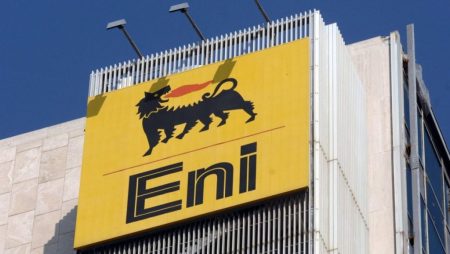 London — Hedge funds resumed selling petroleum as Saudi Arabia ramped up output following attacks on its oil installations and the focus shifted back to the poor health of the global economy and oil consumption.
London — Hedge funds resumed selling petroleum as Saudi Arabia ramped up output following attacks on its oil installations and the focus shifted back to the poor health of the global economy and oil consumption.
Hedge funds and other money managers sold 16 million barrels of futures and options in the six major petroleum contracts in the week to Sept. 24, after buying a total of 144 million in the previous two weeks.
Funds sold Brent (-15 million barrels) and ICE and NYMEX WTI (-8 million) though they were small buyers of U.S. gasoline (+4 million), U.S. diesel (+1 million) and European gasoil (+3 million).
Reports that Saudi Arabia has managed to replace much of the production lost in the attacks by increasing output from offshore fields and drawing down inventories have eased earlier fears about a shortage of crude.
Front-month Brent futures prices had already given up about two-thirds of their post-attack increase by Sept. 24 and the nearby backwardation had eased significantly as traders became more confident about availability.
Also Read: Trade disputes: oil supply drops by 5.7mb/d, price jumps by over 18%
But as the perceived risk to production fell, traders’ attention returned to the state of the global economy and consumption.
Despite the resumption of trade talks between China and the United States, expectations for an early agreement have fallen.
Most economic indicators point to a worldwide slowdown in economic growth, led by business investment and manufacturing.
Global trade volumes are falling at the fastest rate since the recession of 2009. New export orders have been shrinking for 12 months.
There is not yet enough evidence to conclude whether this is mid-cycle slowdown or marks the end of the current business expansion.
Until the economic outlook becomes clearer, however, most hedge fund managers prefer to have only modest exposure to oil prices.
Their dynamic positioning across the six petroleum contracts, minus structural elements, is equivalent to a relatively modest net long of 137 million barrels.
The dynamic position is up from a net long of just 8 million barrels in early September, when recession fears were at their height.
But it is sharply down from recent highs of 420 million in April and 609 million barrels this time last year — showing how cautious fund managers have become about the economic outlook.
like us facebook
- Reuters



